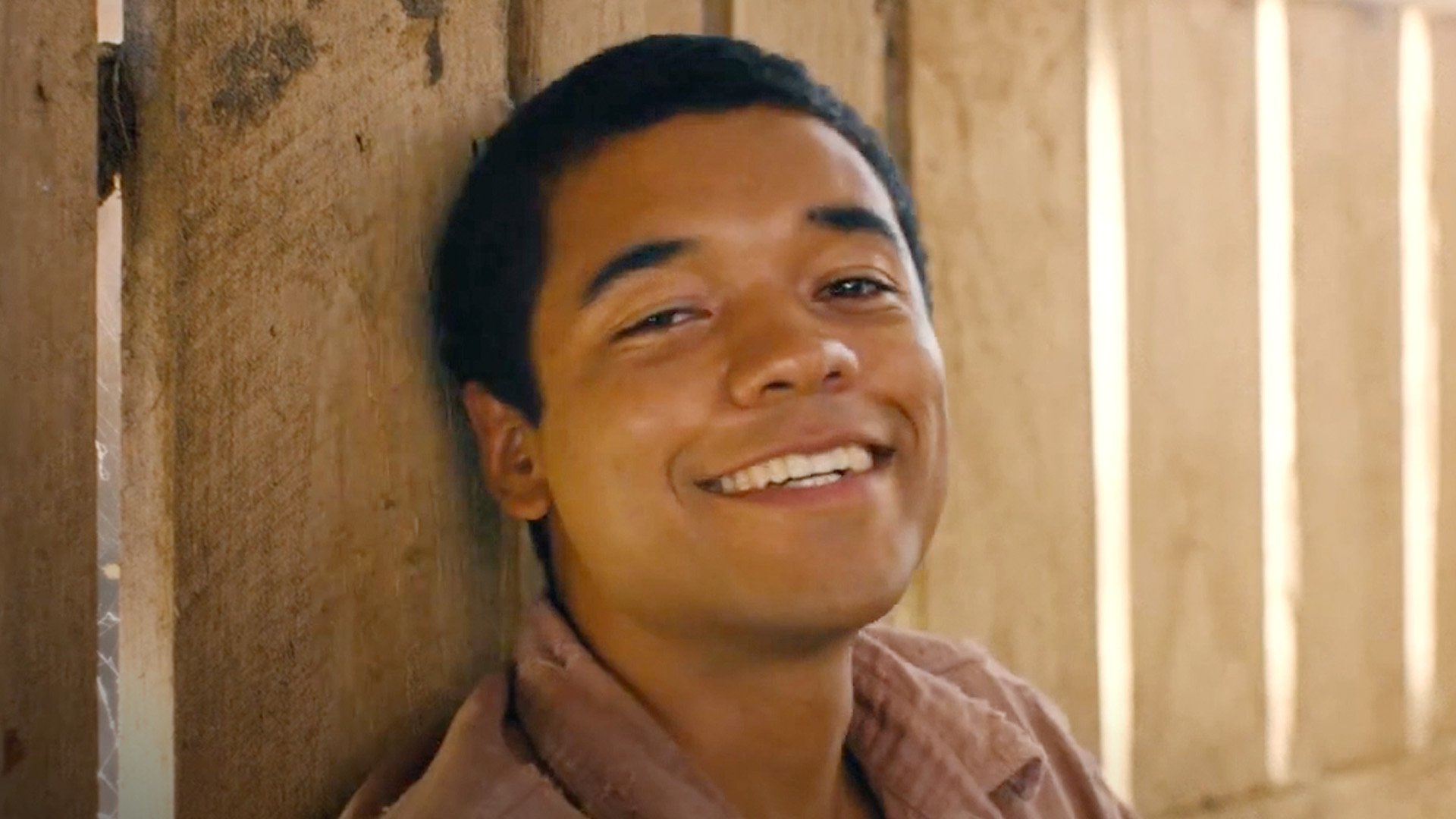They tried to break his spirit. He chose to believe anyway.
Nickel Boys (2024) is a haunting, emotionally charged adaptation of Colson Whitehead’s Pulitzer Prize–winning novel, directed with sobering precision by Barry Jenkins. Set against the backdrop of Jim Crow–era Florida, the film delves into the brutal realities of a so-called “reform school” — the Nickel Academy — where abuse masquerades as discipline and justice is just a word etched in hypocrisy.
The story follows Elwood Curtis (Caleb McLaughlin), a bright and idealistic Black teenager inspired by the teachings of Dr. Martin Luther King Jr. With dreams of college and a better future, his life is derailed by a single misstep — one rooted in systemic injustice. Sent to the Nickel Academy, he encounters a world where cruelty is routine, and survival means compromise. There, he meets Turner (Dominique Fishback), a cynical, streetwise inmate who becomes both a friend and a mirror to Elwood’s unwavering hope.

The film is quiet, patient, and devastating. Jenkins brings his signature lyrical style — rich with color, texture, and lingering stillness — to scenes that radiate both tenderness and terror. The camera doesn’t look away from the violence, but it also finds humanity in small gestures: a stolen conversation, a hidden book, the rare comfort of a shared smile. Through it all, the tension between Elwood’s moral ideals and Turner’s hardened realism builds toward a heart-wrenching reckoning.
Performances are soul-deep. McLaughlin’s portrayal of Elwood is filled with both grace and pain — a boy becoming a man under unbearable pressure. Fishback is electrifying, bringing complexity to a character who shields his vulnerability with sharpness. The supporting cast, including Jeffrey Wright as the school’s cold-faced administrator and Aunjanue Ellis as Elwood’s guardian, adds emotional weight to every corner of the story.

Nickel Boys isn’t just a film about institutional abuse — it’s about the aftershocks of buried truths. The narrative, structured around memory and its distortions, challenges viewers to confront the legacies we ignore and the systems we let endure. It’s a sobering meditation on the cost of hope in a world designed to crush it — and the quiet power of those who choose to hold on anyway.


-1751446656-q80.webp)
-1752549359-q80.webp)